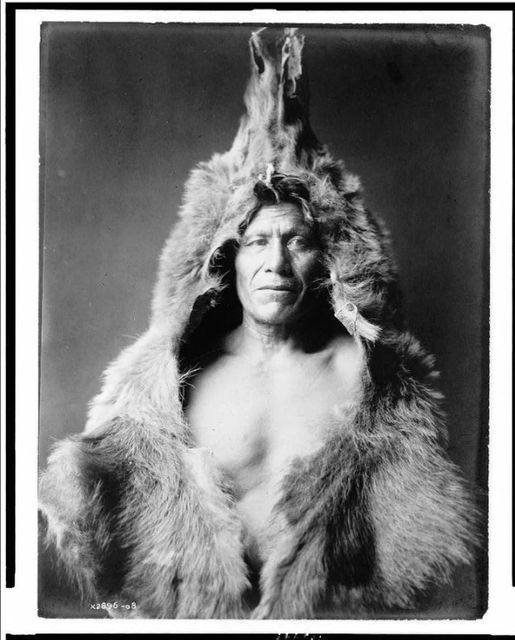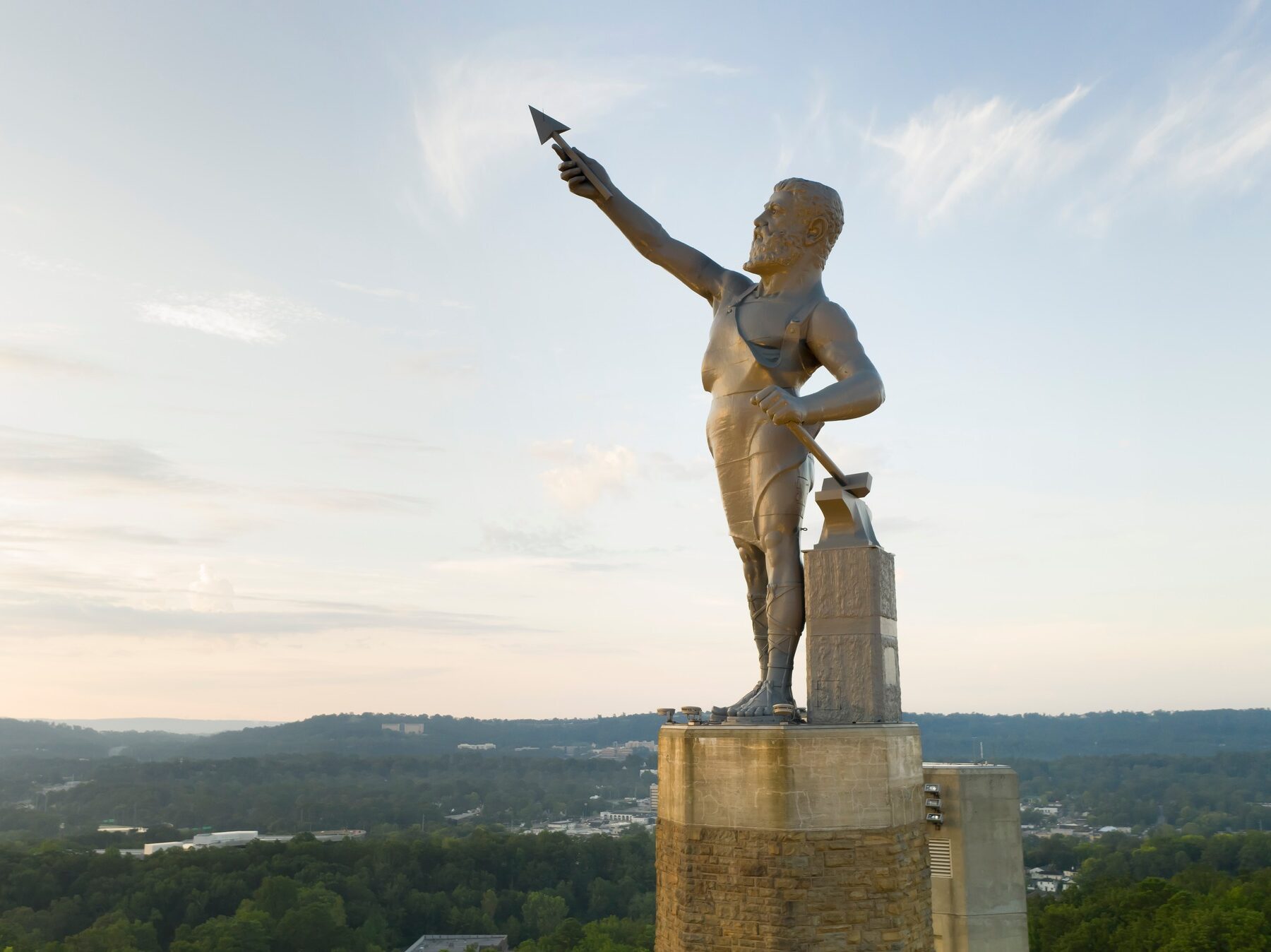Many Alabama residents are deeply involved in the culture of the state and its many traditions, including the ones enjoyed on Thanksgiving Day, but few know the origin of the state’s name and the associations with Thanksgiving’s beginnings.
The name “Alabama” finds its roots in the indigenous Creek language as the name of the original Native American tribe who occupied the land known as the Alibamu or Alabama. The original form, “Albaamo” can be translated to “clearing” or “tribal town.” The original Alibamu people belonged to the Creek Confederacy.
The Confederacy was known for its strong connection to the land and one another and they thrived as a community carrying a deep respect for nature. Much of their life was focused on creating ideal agricultural environments in the area to produce the healthiest crops possible which held important significance for their people.
It is this connection to their harvest that echoes the values of what we now know as Thanksgiving. The Alibamu held immense gratitude for every bounty and would practice this gratitude communally as the Alibamu prioritized social interaction and cohesion. Ceremonies and intentional gatherings were held with the sole intention of expressing this sentiment.
These celebrations took place not only among the Alibamu but other indigenous communities and reflect the foundational beliefs that are expressed through our present-day Thanksgiving celebrations: fellowship, giving thanks for what has been provided, and enjoying one another’s company.
In this way, there is an indirect but powerful connection between Alabama’s indigenous origins and the annual celebration of thanks through the communal celebration we now know as Thanksgiving. In a way, our present-day traditions are modern expressions of the sense of gratitude for the world around us that was deeply ingrained in Native American cultures and, specifically, the Alibamu.
As locals gather together each year to give thanks, the name of the state in which they live is a silent homage to the indigenous people who first cultivated its lands.




